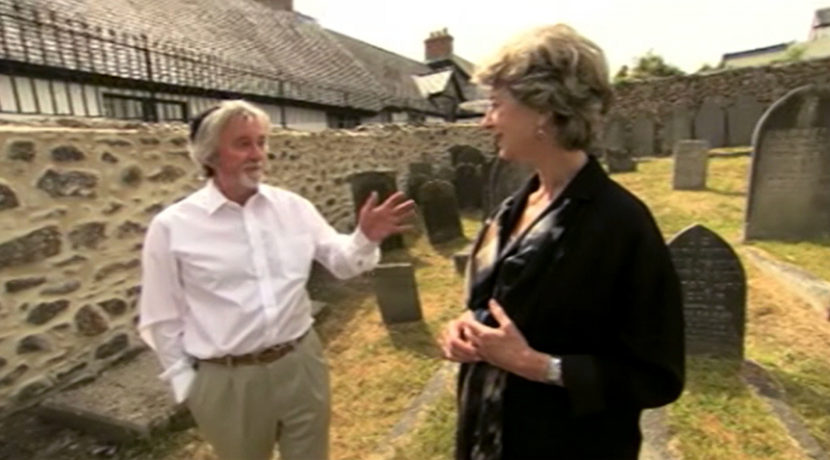ELKAN’S VIEW FROM EDGWARE WEEK ENDING 6TH AUGUST 2016
This Shabbat is the 100th birthday of one of the great figures of Anglo Jewry, Lieutenant-Colonel Mordaunt Cohen, TD, DL.
Mordaunt was born in Sunderland, the son of an immigrant father and an English-born mother. His paternal grandmother changed the family name to her maiden name of Cohen, although the family are Yisraelim.
Mordaunt had the usual high quality secular education in those days and after a hard day at school he went to Cheder where the tuition was all in Yiddish. This did not stop him becoming a fine athlete and a good cricketer and footballer.
At the age of 16 he was articled to a solicitor for 5 years and believes that he got a better legal training as a result. In 1938 he qualified as a solicitor and the following year set up in practice on his own.
War soon intervened and he is volunteered for the army, commanding an anti-aircraft battery defending the shipyards of the north-east from the Luftwaffe. He was soon sent to Nigeria to train a heavy anti-aircraft Regiment. His troops were Muslims, who couldn’t quite understand what Judaism was and decided that he was a white Muslim!
After distinguished service in Burma he returned to Sunderland and reopened his practice. A few years later at a conference in Manchester he met his wife Myrella. She was one of the first Jewish women to be called the bar, and then to be made a QC, and she was the third woman to be made a judge.
It was a long and happy marriage and each of them was involved in many communal and social matters – AJEX, Sunderland Hebrew congregation, Masonic matters, Board of Deputies, local politics, and various legal appointments. Mordaunt and Myrella were the first couple who were both appointed to full-time judicial appointments.
Sadly Myrella died in 2002, but Mordaunt has continued his very full life, going to Israel 4 times a year and being very much involved with his many grandchildren and great-grandchildren. Throughout his life he has been a proud and committed Jew while participating fully in the life of his city and his county. Mordaunt Cohen is a unique person – Happy Birthday Mordaunt, and many more of them!


